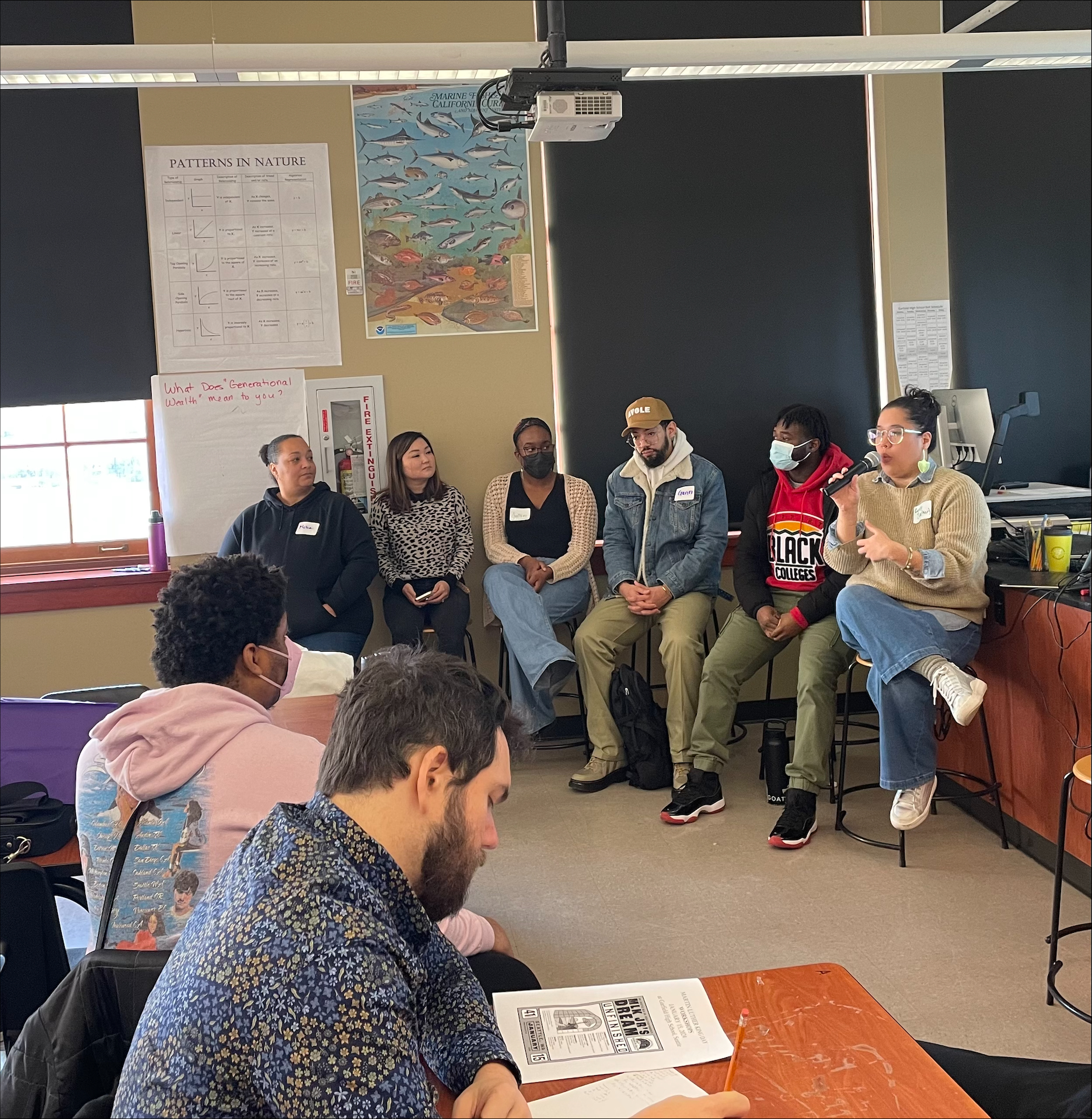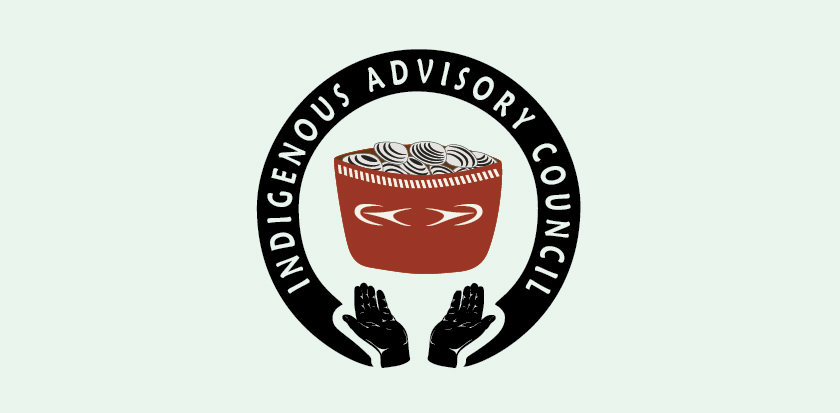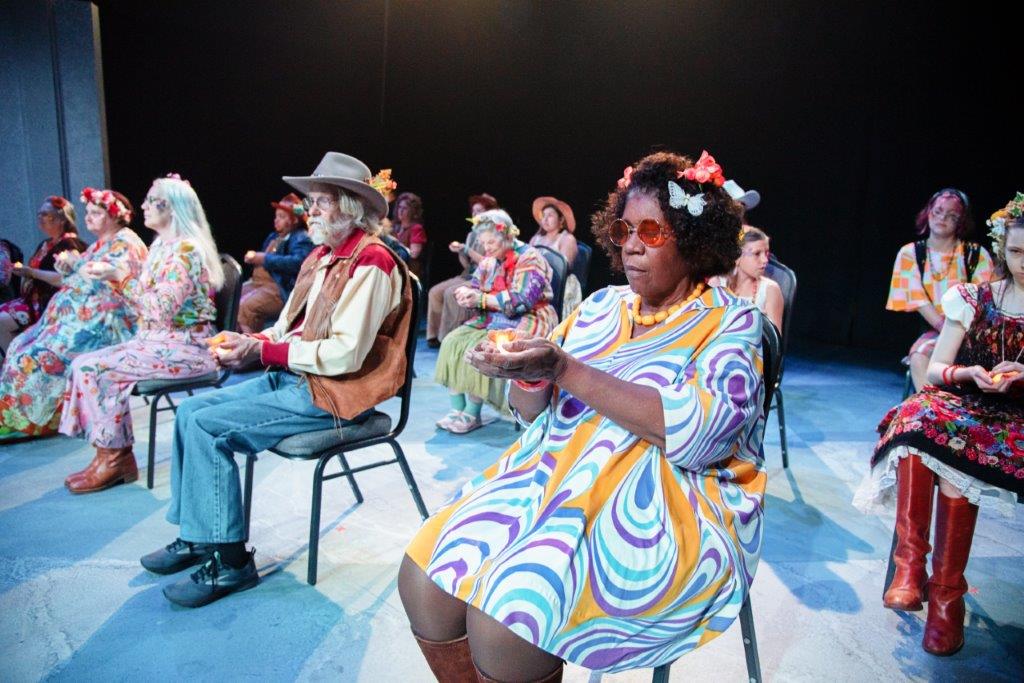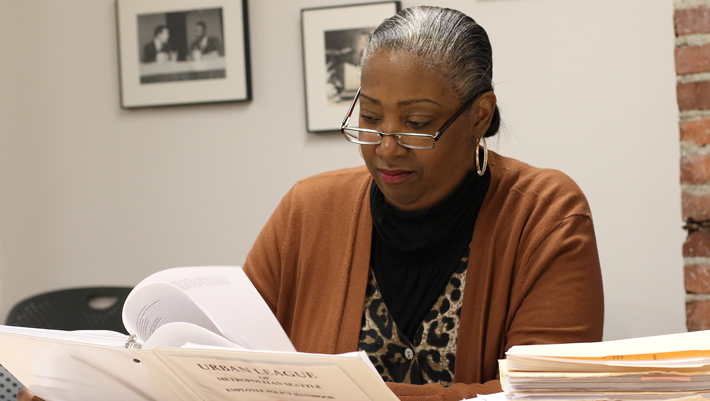
Last month on Martin Luther King Day, community members gathered at Garfield High School for the ‘Growing BIPOC Generational Community Wealth’ workshop. Workshop participants learned about Seattle’s racial wealth divide and the barriers limiting BIPOC communities’ access to capital. And they discussed community-led strategies for generating individual and collective wealth.
“I’m glad I was able to attend the workshop with my son and appreciated the honest and deep conversation. I am proud of our Generational Wealth team and the impact we are making in partnership with the community. This is legacy work,” said Jenifer Chao, Director of Department of Neighborhoods.
The workshop is part of the ongoing efforts of Seattle Department of Neighborhoods’ Generational Wealth Initiative which was developed in 2020 to find community-centered solutions to the longstanding racial wealth gap in Seattle. The ‘Growing BIPOC Generational Community Wealth’ workshop provided a space for participants to:
- Share their ideas about generational wealth.
- Dispel generational wealth myths and misunderstandings.
- Learn about the pilot projects funded through the Department of Neighborhoods.
- Learn about how they can get involved with the Generational Wealth projects.
At this workshop, “we wanted to highlight projects that were Black-led since it was Dr. Martin Luther King Day and we were in the Central District at Garfield High School,” said Khatsini Simani, Generational Wealth Strategic Advisor, Department of Neighborhoods. “So, we focused on projects serving that community in and around the Central District area.”
Kelvin Dankwa, a mentoring program coordinator in the Office of African American Male Achievement at Seattle Public Schools, was a workshop presenter and a Generational Wealth Initiative participant. He is using the funding to develop an entrepreneurial mentorship program for Black youth.
“I think it was such a blessing to present our project during the MLK Day workshop because everyone I spoke to had a vested interest in seeing the black community supported,” Dankwa said. “I shared space with people who love Seattle, are doing their own work to improve their community, and offered their support for our project. Every person in that room understood the importance of legacy and educated me on the history of the black community in Seattle to further inform me on how to support our people. I left knowing that those who are willing to support our project expands beyond our immediate Acacia Council members.”
The Central Area Collaborative, which also presented at the workshop, shared that they are piloting an emergency fund for black-owned businesses. This fund will allow business owners to access relatively small amounts of money for emergency expenses without going into debt.
“The other great thing about their project is that they are thinking about how their business support can positively impact communities in more ways than one,” said Simani. “They are thinking about mission and value alignment at multiple levels, and their approach is innovative. I am excited to see what more can come from investments into community-led solutions and capacity-building across the board.”
Learn more about the Generational Wealth Initiative and some of the other pilot programs such as Villa Comunitaria and Growing Contigo.
Stay in touch with us by signing up for our newsletter, reading our blog, and following us on X, Instagram, and Facebook.


